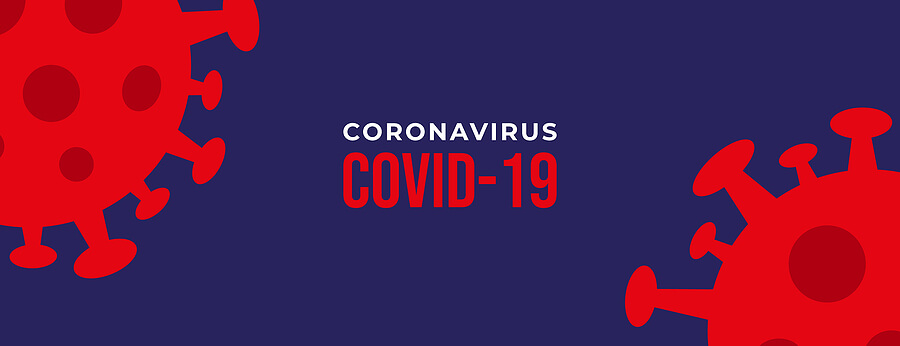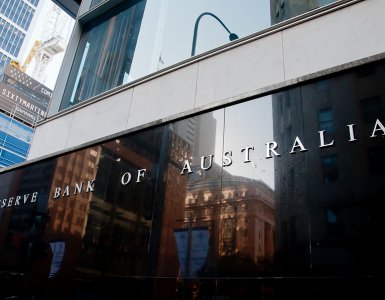
Everybody knew that a pandemic like this was going to happen sooner or later, but they just did not know when and they never expected it to bring the economies of the world to a grinding halt. The ripple effect that originated from a market in Wuhan, China spread across the planet at twisting speed catching entire nations by surprise. At the moment this article is being written, the total fatalities had exceeded two hundred thousand people with more than two million people being actively treated.
The entire episode sent people scurrying to stores on a panic buying spree which from all perspectives only made the situation worse. This significant rise in basket spending put a strain on grocery stores and supermarkets across Australia which caused a serious imbalance in distribution for general household goods. Among the products that rapidly disappeared from the shelves were toilet paper, facemasks, tissue, disinfectants, canned food, pet food and alcoholic beverages. This prompted the Australian Prime Minister, Scott Morrison to be blunt enough to tell Australians to stop hoarding and be more considerate whilst store owners decided to place measures to ensure that their shelves remained stocked. Some even changed prices for some essential items that discouraged people from buying more than what was necessary. The primary issue that panic buying triggers is the disruption that it causes to the entire construct of the supply chain. When the supply chain headed towards an unexpected tangent due to panic buying, people in major cities such as Melbourne and Perth, were left in a lurch. The situation resulted in few having too much and many having too little which in general without the intervention of the government could lead to runaway inflation. Nevertheless, it is the awareness that was initiated by all quarters that prevented the situation from deteriorating further.
Most people do not seem to realise the negative factors that are associated with panic buying such as shoppers do not plan properly and end up buying things based on availability rather than need. Apart from that they cause unnecessary congestion in stores and conflict between people around them. The randomness and lack of ability to make rational decisions cause people to scoop up large quantities of a wide variety of things that they actually do not need. The Corona Virus Pandemic triggered a panic buying spree in Australia that was unprecedented where products with long shelf life such as canned meat, cereal, dried food and toiletries to practically disappear from stores within a week. What most of them never realised was the fact that they purchased items that they do not actually like and perhaps may never even consume unless they were left with no other choice. To make a long story short, panic buying is never a good thing, as it defeats the purpose of being prepared. During pandemics, the best thing to do is maintain the normal purchase structure on a weekly basis and follow the instructions laid out by the relevant governmental agencies.




Add comment